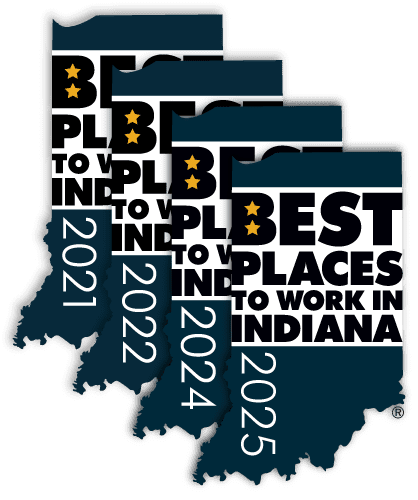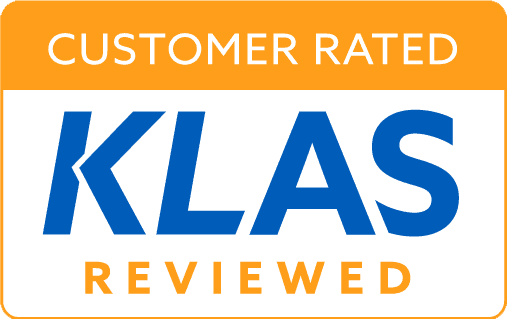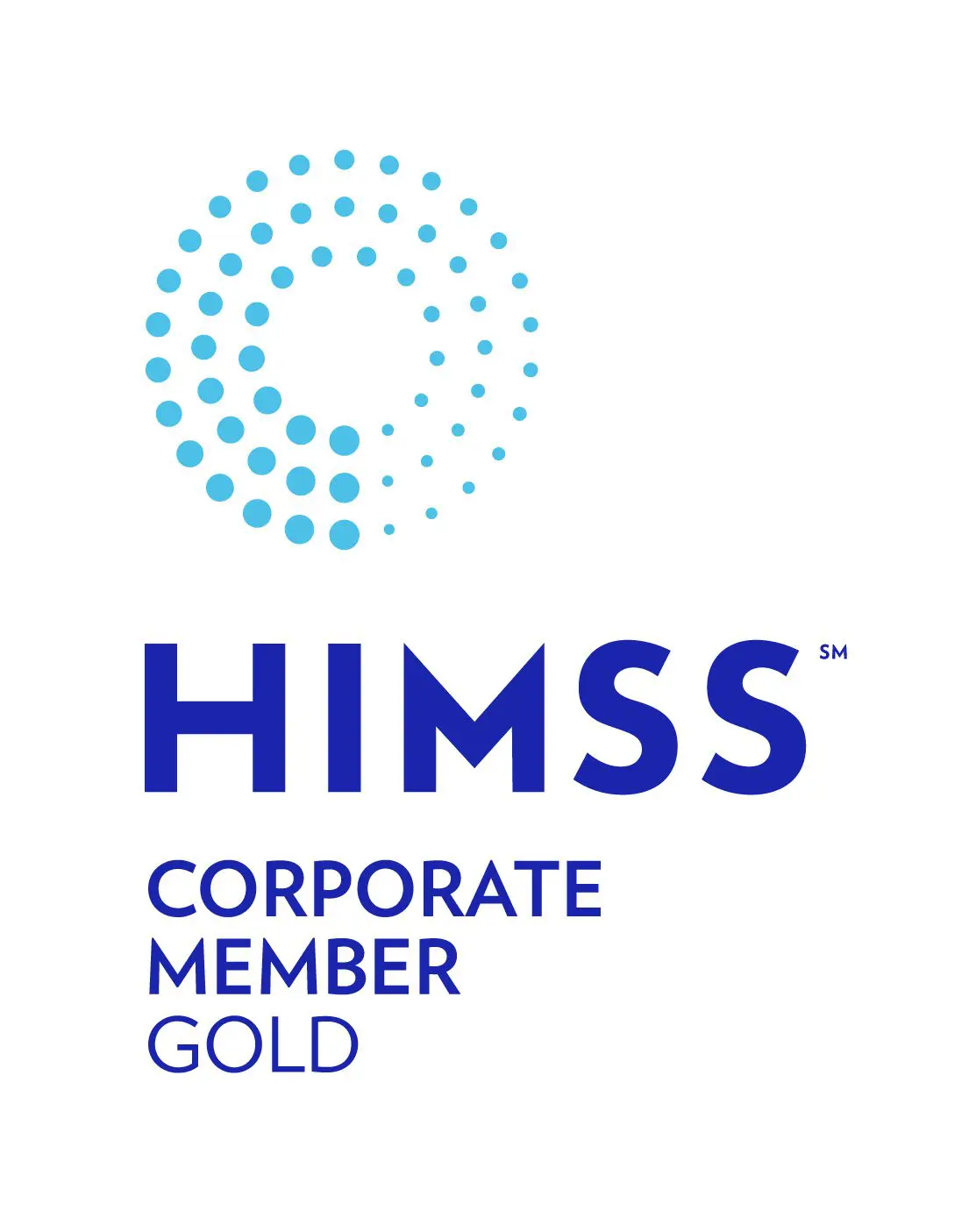
According to industry analysis, the amount of data in your healthcare system is multiplying 100% every 18 months or so. This rapid increase of data lends the question, what is my long-term plan to retain and manage this vast amount of data? If you’ve recently invested in a new EMR, LIS, ERP or any other departmental system, you’re likely storing patient or employee data in multiple sources on various aged servers. It is time to clean house, decommission out-of-production applications and consolidate data stores. Think of it as shedding the weight that is bogging down your IT labor burden, cost and risk not to mention compromising e-discovery efforts and costs. Record retention rules mandate keeping data for seven to 25+ years. Lighten the load of how you’re storing data long-term. Make it easier to find when responding to inquiries from patients, payers, employers or lawyers.
Here is a high-level five-step plan to get you started:
1. Prioritize Legacy System Requirements Take a look at all of the legacy systems in play which – for a sizeable health system — could be upwards of 30 to 40 applications. Determine and prioritize what needs to happen with each one. If you haven’t already created a spreadsheet that includes every system, do it now. It may be time to decommission outdated, legacy systems that will likely have costly technical issues if you try to maintain them for the next 25 years or even the next three years! Take a look at contract renewal dates and evaluate costs and staffing needs to maintain these systems in years to come.
2. Determine Legacy Data Management Strategy Three words: abstract, migrate and archive. Now is the time to dive in and determine what and how much to bring into the go-forward system. Create a plan and migrate essential data to the new system. Then, determine what data can be archived and stored securely with searchable functions. This task can be daunting, but, it is vital to the long-term health of your IT operations. Our consultants who specialize in developing legacy data management plans can help guide the way with a variety of options.
3. Select a Legacy System Decommissioning Partner You do not have to go it alone. There are reputable vendors who have expertise in legacy system decommissioning, EMR data migration and legacy patient data archiving. Look for the vendor with an entirely turnkey data extraction, migration and retention operation. This is the vendor that will offer the most comprehensive and seamless transition as well as provide ongoing support and technical resources for your team long-term.
4. Get ‘Er Done Taking action to shore up your legacy data retention strategy is work, but is critical to the success of your EHR program. The work is in establishing a cross-functional data governance team, setting up the data management rules to coincide with your medical record retention plan and testing and validating the data migration. Work with an archiving vendor that can help you easily build out a project plan. Legacy data is part of your overall EHR program and should be treated as important.
5. Evaluate the Outcome Once you’ve decommissioned some of your systems and archived the patient data, stop to evaluate lessons learned. What went right? What went wrong? Are legacy data silos being successfully consolidated? Have legacy system maintenance costs gone down? Is the legacy patient data easily discoverable and accessible across your user base? Review your inventory spreadsheet and ensure you’re on track to keep reaping the benefits of archiving health data.
System decommissioning and legacy data archival: this is a task that will have cost and work-flow benefits that will extend for many years to come. Think of how much better you will feel at this time next year knowing that the heavy lifting is done.
Why leave a legacy in your IT department and at your hospital or medical practice when you simply don’t have to?
Editor’s Note: This blog contains content from an earlier blog posted on December 15th,2015.






